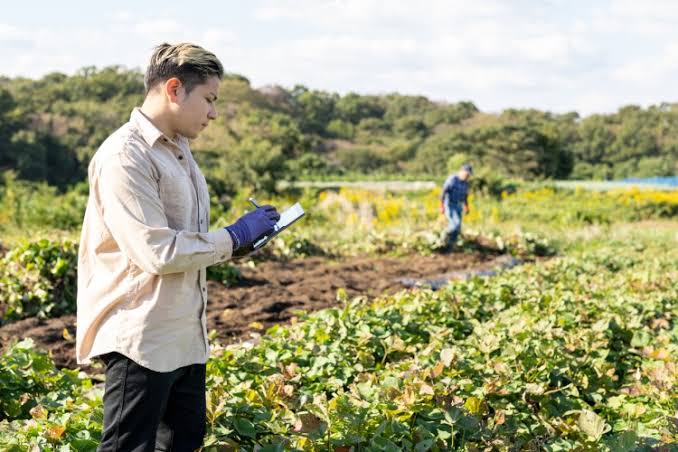In the field of agriculture, sustainable farming has become a ray of hope, providing answers to urgent environmental problems and guaranteeing food security for coming generations. In light of global challenges such as soil erosion, water shortages, and climate change, it is now essential to use sustainable agricultural techniques. This article examines the fundamental techniques influencing the development of sustainable farming and reshaping the agricultural landscape.
Regenerative Agriculture: Restoring Ecosystem Health:
Regenerative agriculture is becoming more popular as a comprehensive agricultural method with the goals of improving biodiversity, regenerating healthy soil, and slowing down climate change. Regenerative farmers can improve soil structure, boost carbon sequestration, and promote water retention by concentrating on techniques like minimal soil disturbance, cover cropping, crop rotation, and the integration of animals. These methods improve agricultural yields and increase resistance to harsh weather events in addition to being good for the environment.
Organic Farming: Nurturing Healthier Ecosystems:
According to Lisa Ockinga, Chief Product Officer at Ling, “The growing popularity of organic farming can be attributed to customers placing a higher priority on sustainability and health. Organic farmers preserve biodiversity and pollinator populations while preserving soil and water quality by forgoing synthetic pesticides, herbicides, and fertilizers. Additionally, the use of compost, crop rotation, and biological pest management techniques is encouraged by organic farming methods, which benefits ecosystems and lowers chemical exposure for both farmers and consumers.”
Agroforestry: Harnessing the Power of Trees:
By incorporating trees and shrubs into farming systems, agroforestry symbolizes the union of forestry and agriculture and increases resilience, productivity, and biodiversity. Improved soil fertility, enhanced carbon sequestration, and diverse revenue streams for farmers are just a few advantages of agroforestry systems, which employ techniques including alley cropping, silvopasture, and forest farming. Agroforestry can transform farming methods and slow down global climate change by utilizing the power of trees.
In summary:
A paradigm change in agriculture is being heralded by the emergence of sustainable farming, which replaces resource-depleting exploitative methods with regenerative ones that nourish the soil and foster resilience. The growing awareness among consumers of the environmental and social consequences of their food choices is driving up demand for sustainably produced food. Farmers that adopt techniques like organic farming, regenerative agriculture, and agroforestry may create sustainable agricultural systems that benefit people, wildlife, and ecosystems in addition to protecting the environment. Sustainable farming is essential to creating a more robust, just, and prosperous food system in the future for future generations.


